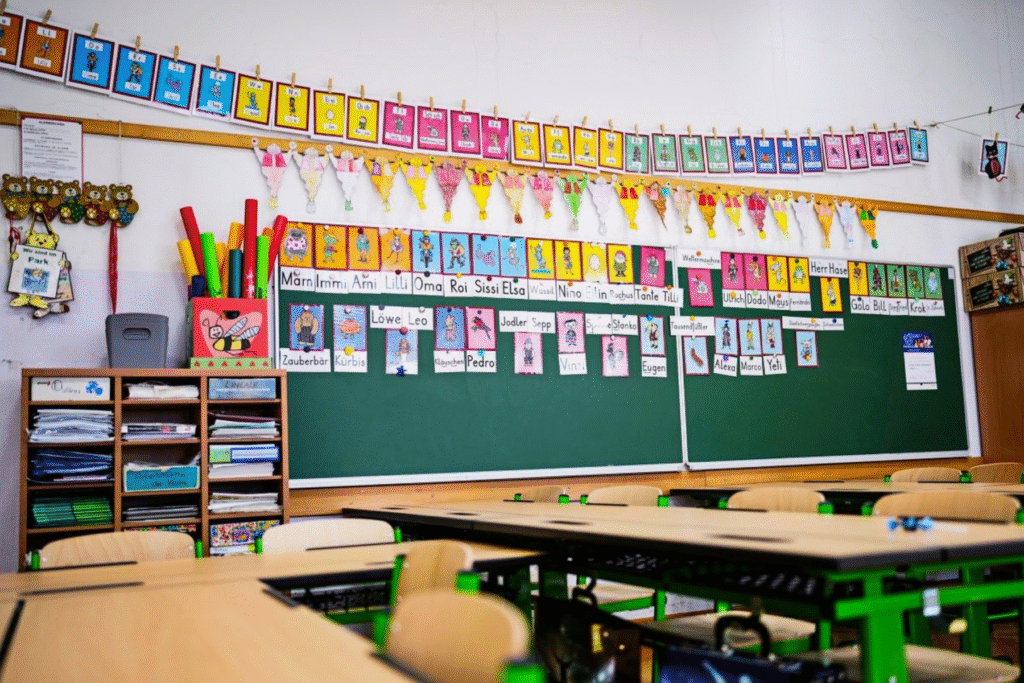
Starting next school year, schools in Austria will have more options for supporting students classified as “extraordinary” in their German language learning. A corresponding regulation is set to be approved by the Council of Ministers on Wednesday. In addition to the existing mandatory model with separate German support classes and courses, schools will be allowed to develop their own autonomous support concepts for their specific locations.
Nearly 50,000 extraordinary students
Students are classified as “extraordinary” if their German skills are insufficient to follow regular instruction. In the 2024/25 school year, this applied to nearly 50,000 children and adolescents, more than 40,000 of whom attended primary school. Since 2018, such students have been supported under a model introduced by the ÖVP-FPÖ government that includes German support classes and courses.
In the current coalition agreement, the ÖVP, SPÖ, and NEOS have committed to further developing this model and increasing the number of positions for German language support. The latter has already been implemented — as of the current school year, 1,300 positions are reserved for this purpose. The option for schools to choose their own approach now represents the next step in this reform.
“Given the large number of children who still do not speak sufficient German, we must acknowledge that language support in recent years has not worked well enough,” said Education Minister Christoph Wiederkehr (NEOS) in a statement. “For two reasons: there were not enough resources — which we have addressed by doubling the number of German support teachers — and there was a centrally dictated approach from the ministry on how support should look at every school. That does not work sufficiently, because every school is different, and every student is different.”
Autonomous model
Schools may therefore either keep the current model or develop their own. Under the autonomous model, existing resources will remain as a baseline, but schools can, for example, opt for integrative approaches instead of separate German support classes — meaning that language assistance would take place within regular classrooms. To do so, schools must create a concept outlining the organizational and pedagogical implementation, the qualifications of teaching staff, and the planned methods for evaluating outcomes and effectiveness. The Education Ministry will provide quality criteria, training opportunities, and implementation support.
Limited use of integrative German support
Currently, integrative German support is relatively uncommon in Austria. According to the latest data from the Education Ministry, 82 percent of extraordinary students are taught German in separate classes or groups. This aligns with the current regulation: if there are eight or more affected students at one location, a separate support class or group must be established.
Under the German support class model introduced in 2018/19, students whose language skills are insufficient for regular instruction are classified as extraordinary and receive up to 20 hours per week of intensive German lessons in separate classes for a maximum of two years. They only attend subjects such as crafts, music, or physical education with their main class. These support classes are intended for first-year students and newly arrived transfer students in Austria. The idea behind the separate classes is to provide comprehensive language support so that students can transition quickly into mainstream education.

